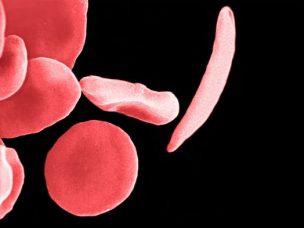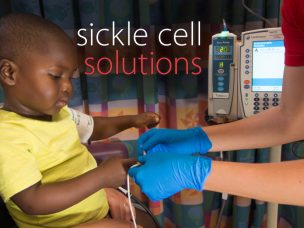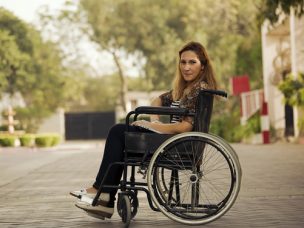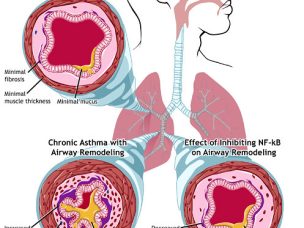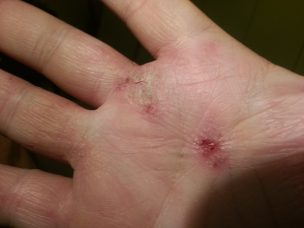November 2019
FDA Approves Oxbryta, Second Sickle Cell Drug Approval in 10 Days
On Monday November 25 the U.S. Food and Drug Administration granted accelerated approval to Oxbryta (voxelotor) for the treatment of sickle cell disease (SCD) in adults and pediatric patients 12 years of age and older. “Today’s approval provides additional hope to the 100,000 people in the U.S., and the more than 20 million globally, who...
Dr. Edward Ivy: Improving Access to Care in Sickle Cell Disease
I have lived with sickle cell disease for 48 years. The toll it takes goes far beyond pain – it has impacted me emotionally, economically, and psychosocially. I missed childhood activities because I was too sick or tired. I missed school days and worked harder to catch up on missed assignments. I learned to live...
African Americans Experience More Frequent MS Relapses
Multiple sclerosis affects approximately 400,000 people across the United States and over 2 million people worldwide. [Munoz-Culla 2013; Buchanan 2011] Symptoms of MS include focal signs such as weak motor and sensory deficits, visual disorders, spasticity, bladder and bowel dysfunction, and dysphagia, as well as generalized symptoms, including depression, pain, cognitive difficulties, and fatigue. [Kahn...
FDA Approves First Targeted Therapy to Treat Patients With Painful Complication of Sickle Cell Disease
On November 15 the U.S. Food and Drug Administration approved Adakveo (crizanlizumab-tmca), a treatment to reduce the frequency of vaso-occlusive crisis – a common and painful complication of sickle cell disease that occurs when blood circulation is obstructed by sickled red blood cells – for patients age 16 years and older. “Hope has never been...
The Many Complications Faced by Patients With Atopic Dermatitis
Atopic dermatitis (AD) can be complicated by infections, allergic and nonallergic comorbidities and quality of life impairments. Understanding the severity of the disease and its comorbidities and how it affects vulnerable populations is important for clinicians who encounter AD. AD is an inflammatory, relapsing skin disease that follows a chronic, relapsing course and is characterized...
Challenges Among Women & Minorities With Multiple Sclerosis
A lack of diverse representation of patients in clinical research has made it difficult to adequately assess the unique patient journey and efficacy of treatment for minority MS patients in comparison to non-Hispanic Caucasian women. According to a recent study published earlier this year in Multiple Sclerosis and Demyelinating Disorders. The African-American population in...
Atopic Dermatitis More Severe in African Americans & Asians
Clinicians should be aware of the differing severity and presentation of atopic dermatitis (AD) in African Americans. The frequency of atopic dermatitis is increasing, and is more common among Blacks, Asians, and Pacific Islanders. [Desai 2009] In fact, eczema is the second most frequent skin disease in African Americans. [Silverberg 2013] In the US, African...
African Americans Have Greater Eosinophilic Airway Inflammation
What is Eosinophilic asthma? Eosinophilic asthma (EA) is characterized by severe, chronic disease. Approximately 10% of all cases of asthma are defined as severe, and nearly half of those with severe asthma have signs of EA. The disease typically has an onset in adulthood, with diagnosis peaking in adults aged 35-50. While most asthma results...
Over 18 Million Adults Have Atopic Dermatitis. How Does It Affect Your Patients?
Atopic dermatitis (AD) is a chronic inflammatory skin disease with a usual onset in infancy. While the disease primarily presents during childhood, over 18 million American adults have atopic dermatitis. In the US, African American children have a higher prevalence of AD (20% as compared to 16% among Caucasians) and are also 6-times more likely...
